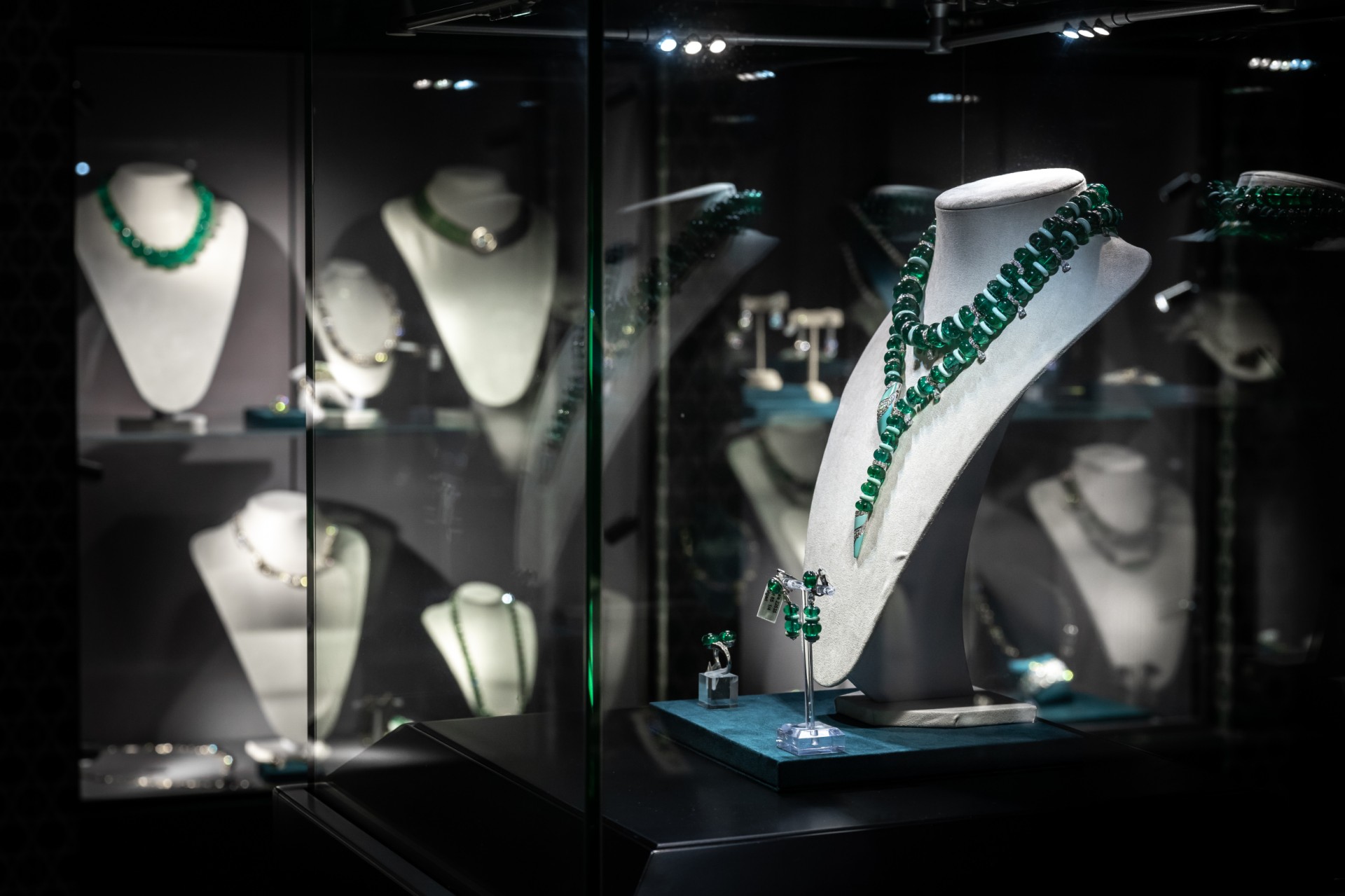Geneva, Switzerland– Jewels belonging to an Austrian billionaire whose German husband made his fortune under the Nazis raked in more than $200 million, auctioneers Christie’s said Monday.
The $202 million raised far exceeds the previous record, set during the 2011 auction of the jewellery collection of one of Hollywood’s greatest stars, Elizabeth Taylor. At that time, the auction brought in almost $116 million.
Christie’s offered up scores of sparkling pieces at the controversial in-person sale which began in Geneva last Wednesday.
The extraordinary collection belonged to Heidi Horten who died last year aged 81, with a fortune of $2.9 billion, according to Forbes.
A report published in January 2022 by historians commissioned by the Horten Foundation said Heidi Horton’s husband Helmut Horton, who died in Switzerland in 1987, had been a member of the Nazi party before being expelled.
In 1936, three years after Adolf Hitler came to power in Germany, Horten took over textile company Alsberg, based in the western city of Duisburg, after its Jewish owners fled.
He later took over several other shops that had belonged to Jewish owners before the war.
More than 700 pieces of jewellery are part of this Horten collection, and is being dispersed in tranches to avoid exhausting buyers. The last lots are scheduled to be sold in November.
As it has done countless times in recent weeks in an attempt to respond to critics, Christie’s auction house stressed that in accordance with Heidi Horten’s wishes, all proceeds from the sale will be donated to philanthropic causes, “including medical research, children’s welfare and access to the arts.
The jewellery auction went ahead despite demands by Jewish groups to call the sale off.
“Christie’s has also committed to donate a significant portion of its commission to organisations that contribute to vitally important Holocaust research and education,” Christie’s said in a statement.
But that wasn’t enough to stop the calls to suspend the Horten sale.
“Don’t reward those whose families who were able to get rich off desperate Jews targeted and threatened by the Nazis,” pleaded Rabbi Abraham Cooper, one of the leaders of the Simon Wiesenthal Center, which has made a specialty of hunting down Nazis.
Yonathan Arfi, president of the Representative Council of Jewish Institutions in France, has called the sale “indecent”.








